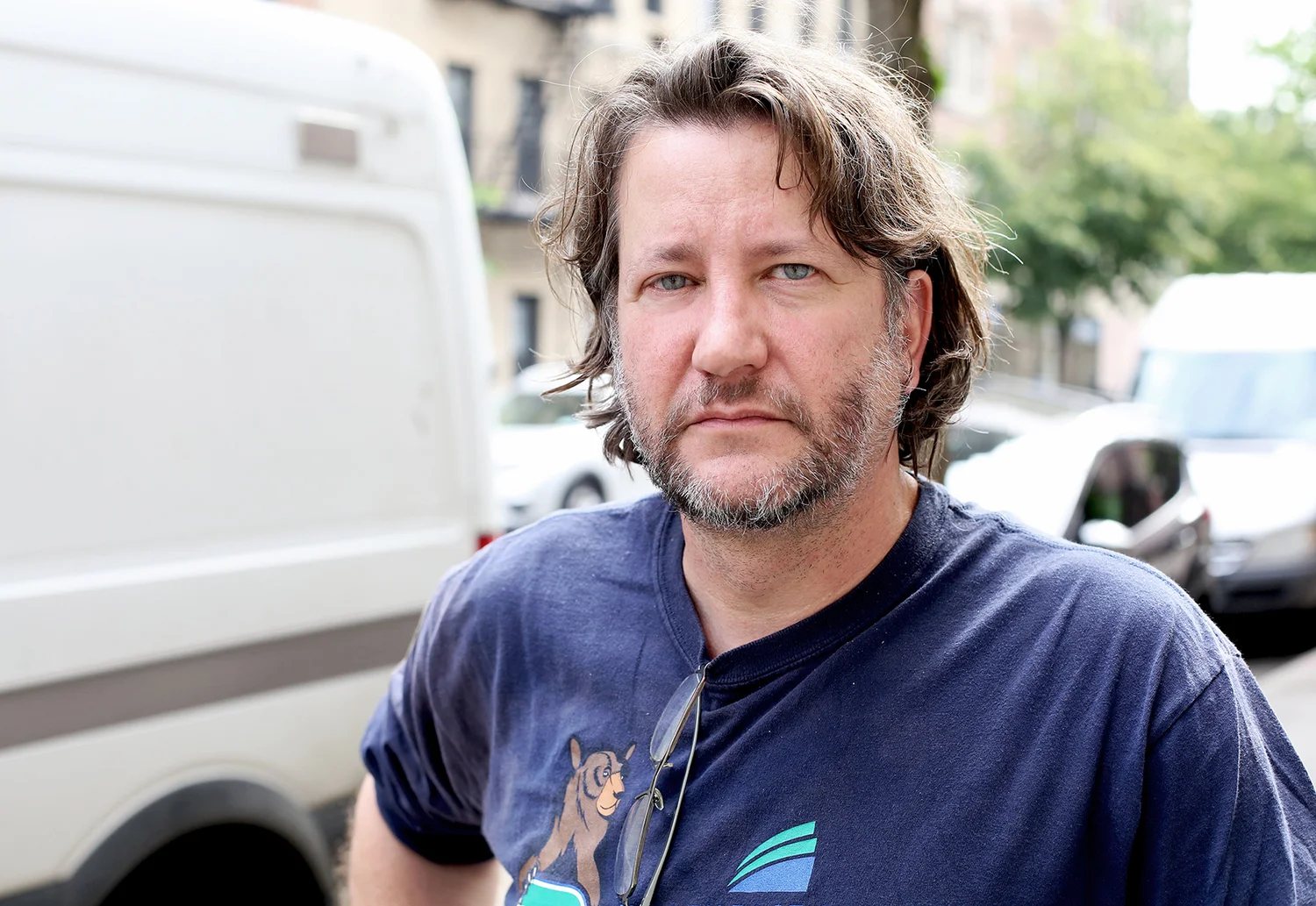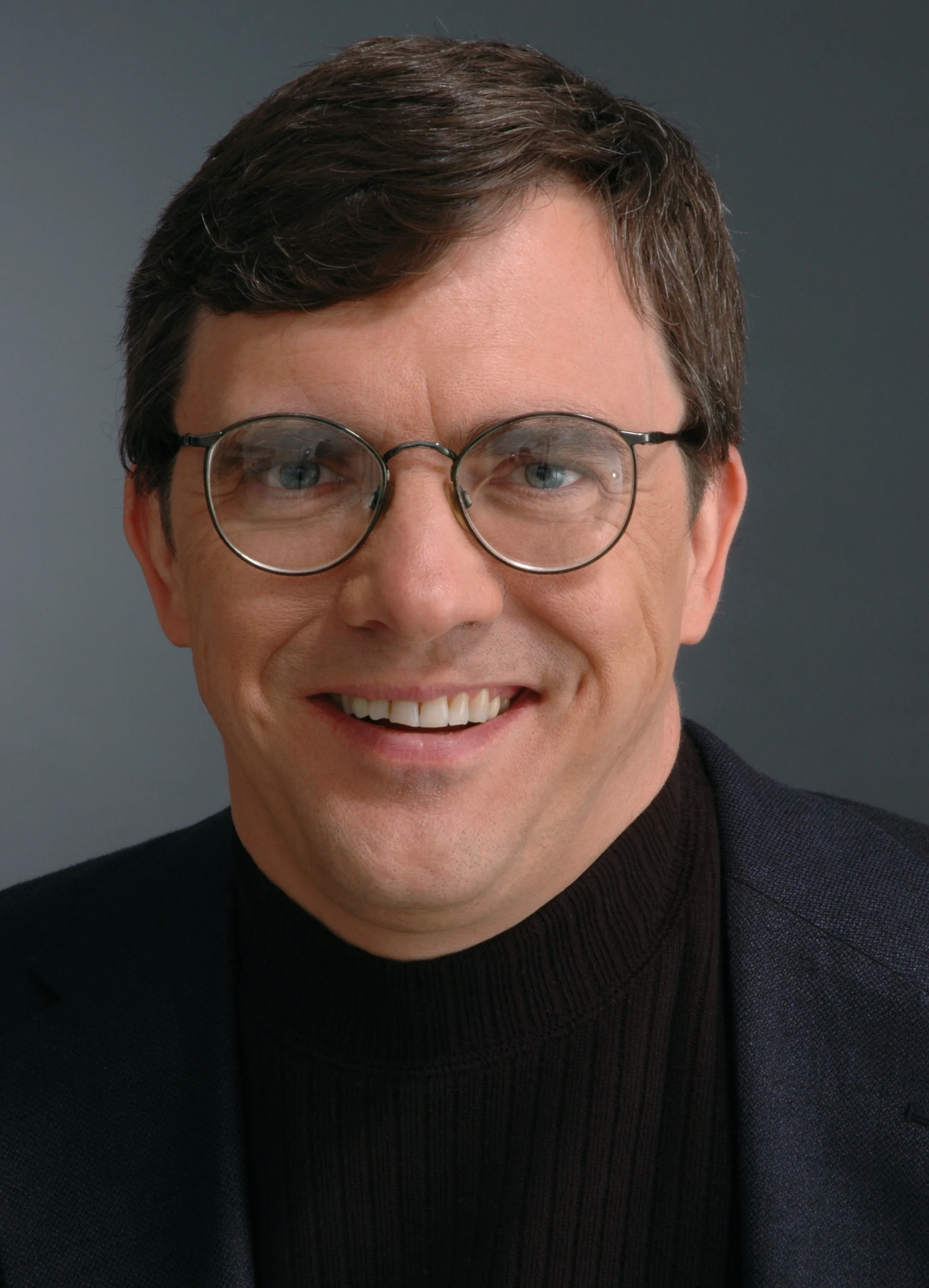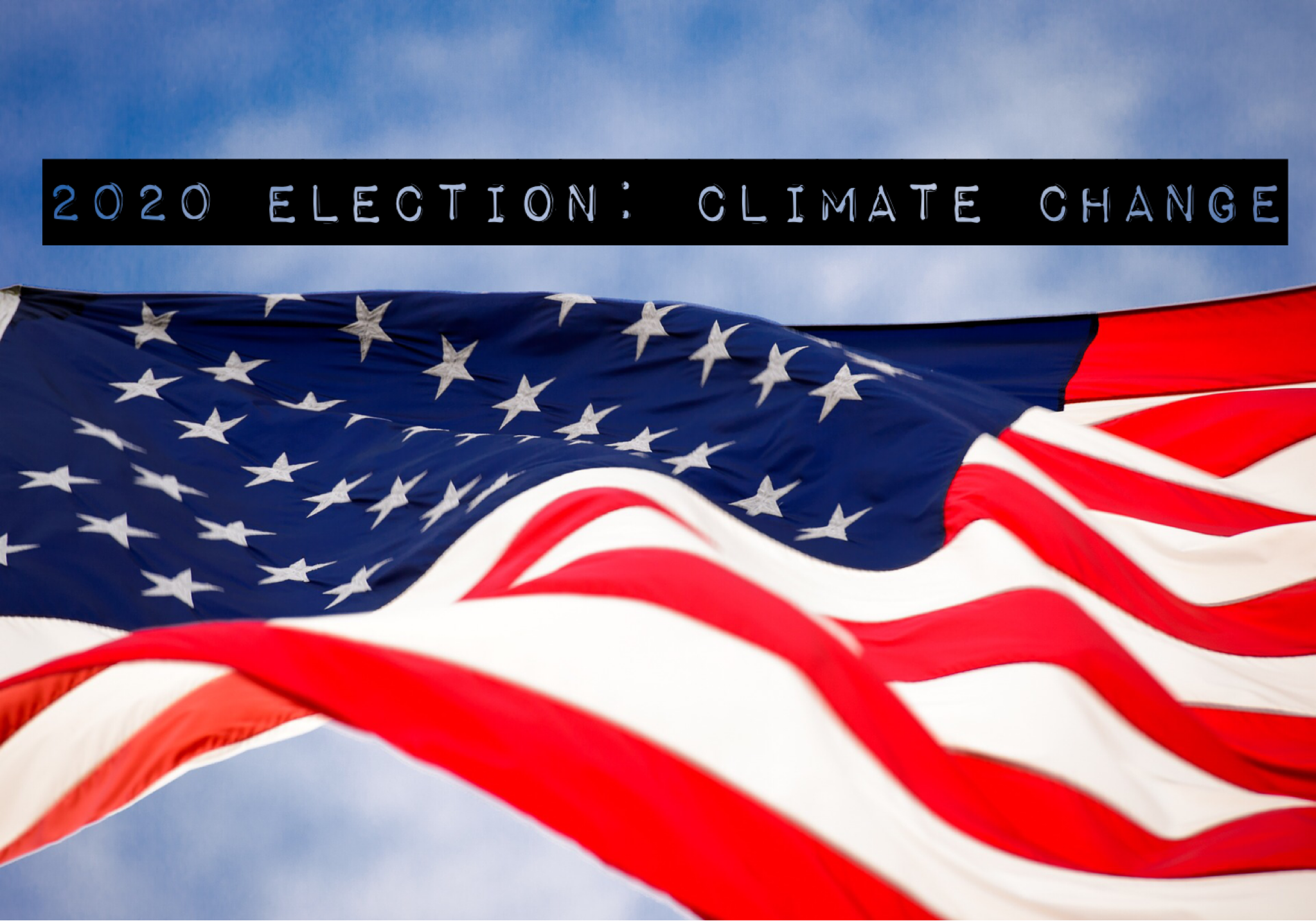Published November 7th, 2019
With today's furious political and cultural divisions, it's easy to shake our heads in exasperation at those who disagree with us.
In this episode with Australian writer and philosopher, Eleanor Gordon-Smith, we take a journey to the limits of human reason. Her compelling new book, "Stop Being Reasonable. How We Really Change Our Minds," features six high-stakes personal stories of successful persuasion that illustrate what most of us get wrong about rationality.
Photo Credit: Mike Massaro
Published: October 31st 2019
Confused by Brexit? This episode looks back over the last 40 months since the shocking result of the Brexit referendum, when UK voters decided to leave the EU. We sort through the mess and misconceptions.
For this episode, Richard traveled to London and spoke with Jill Rutter, senior research at the non-partisan think tank, UK in a Changing Europe. She writes frequently about Brexit and the UK's evolving relationship with the EU.
American democracy is in a moment of crisis. A new Gallup poll, released in late October, says a near-record-high 34% of Americans cite the government, poor leadership or politicians as the most important problem currently facing the U.S.
In this episode, we look at the work of a new online news site, The Fulcrum, which is focused exclusively on efforts to reverse the dysfunctions plaguing American democracy.
"Our goal is to raise the level of awareness so people can understand what's wrong with the political system, and how they may go about getting involved to help make it better," says David Meyers, publisher and executive editor of The Fulcrum.
Modern thought has been damaged by dogma and tribalistic click-bait. Social media and the fractured state of politics reward slick slogans and partisan anger while penalizing those who speak with intellectual honesty.
Our guest, feminist writer and author, Meghan Daum, says instead of following the crowd we need to think for ourselves. While very supportive of the goals of the women's movement, she is also critical of the excesses of modern feminism.
American democracy is in crisis, with a coarsening of our national conversation and an erosion of public trust that threatens the guardrails of self-government. Many citizens feel dislocated, disempowered and believe that remote institutions and government don't listen to their needs and interests.
One way to bridge divides is to listen to a broader range of opinions, from people not like you.
Our guest is Pearce Godwin, founder and CEO of Listen First Project, which has 250 partner organizations who have joined the #ListenFirst movement as well as the thousands who have signed the Listen First Pledge.
The furore over the decision by House Democrats to launch a formal impeachment investigation into President Trump will be the subject of heated debate for many months. In this episode we take a deeper look at leadership, and why good leaders are so vital to the future of our democracy, and for all organizations-- large and small.
"In times of turmoil this is even more important," says our guest, Davia Temin, a highly experienced crisis manager, and leadership and communications coach. "Leadership is particularly important right now, because we are living in a very muddy universe."
In business and non-profit organizations, highly successful leaders have learned vital lessons about strategy, communication and ethics. We hear from Stephen Miles, a widely respected leadership coach and top-level succession planning executive.
Dementia provokes profound moral questions about our society and the meaning of life itself. How much are we connected to one another? In what ways are we distant and separated? What does it mean to have a self? How can we offer dignity to those who suffer from Alzheimer's and other forms of this terrible disease?
Worldwide around 50 million people have dementia. The US Centers for Disease Control estimates that the U.S. total is more than five million. The numbers are growing with the aging of the population. The incidence of Alzheimers increased more than 50% in the pst 15 years. People over the age of 85 are the largest growing share of the population.
British journalist and author Nicci Gerrard is our guest. Her father's long struggle with dementia led Nicci to investigate what the disease does to those who live with it and to their caregivers. She writes with deep wisdom, kindness and empathy in her new book, "The Last Ocean A Journey Through Memory and Forgetting."
With harsh rhetoric from President Trump, who wants strict new limits on refugees, asylum seekers and some other forms of immigration, to calls by several Democratic Presidential candidates to decriminalize all border crossings, the immigration debate is increasingly dominated by slogans rather than substance.Hopes for a comprehensive and humane overhaul of U.S. immigration law have all but disappeared for now.
"The reality is illegal immigration has come to be THE conversation, says our guest, Andrew Selee, President of the non-partisan Migration Policy Institute, which seeks to improve immigration policies through fact-based research.
Kids are smart, strong, and at least as capable as their parents were at their age. So, when the crime rate is at a 50-year-low, why does society insist on bubble-wrapping them?
"Treating kids as physically and emotionally fragile is bad for their future, and ours," says our guest, Lenore Skenazy, founder of Free Range Kids and President of Let Grow, a group that helps schools set-up unstructured free play before and after school hours.
From dating to switching jobs and managing retirement. We all manage risk. Want to get better at it?
The best way to learn is to ask some of the real experts: Magicians, gamblers, big-wave surfers, horse breeders, and prostitutes. That's what economist, journalist and risk advisor Allison Schrager did. She's our guest in this episode.
Allison is the author of the new book "An Economist Walks Into a Brothel: And Other Unexpected Places to Learn About Risk." She visited Nevada's Moonlight Bunny Ranch brothel, hung out with paparazzi who stalked celebrities, spoke with movie makers in Hollywood, and went to a risk conference for surfers in Hawaii as part of her extensive research for the book.
A trade war with China is a growing threat to U.S. influence and the global economy. What began more than a year ago with President Trump’s decision to impose tariffs has become an unpleasant economic reality for many American businesses.
Recently, the U.S. labeled China a “currency manipulator.” But Perhaps, an even larger long-term threat comes China’s aggressive espionage offensive that is playing out in behind-the-scenes as of the U.S. and China struggle for global dominance.
Our guest is Elizabeth Economy, a senior fellow and director of Asia studies at the Council on Foreign Relations in New York. Her most recent book, “The Third Revolution: Xi Jinpeng and the New Chinese State”, explains the background to recent dramatic changes inside China.
Is the U.S. economy about to fall off a cliff? Declining growth, financial market jitters, and a growing rift between the U.S. and China are all fueling fears of a recession.
For the first time in 12 years, since shortly before the last recession, interest rate yields on 10-year government notes are lower than for short-term loans. This inverted yield curve is highly unusual and the latest sign that a sharp slowdown could happen soon.
"The inverted yield curve has accurately predicted seven out of the last seven recessions in the past half century, says our guest, award-winning financial journalist and best-selling author Diana Henriques.
"We’ve internalized the assumption that humans can’t be trusted, and therefore, that we all need to be constrained and coerced into doing the right thing, pretty much all the time," wrote our guest, technology consultant, futurist and thinker Jerry Michalski, in a recent blog post. In this episode Jerry discussed the theory “Design for Trust and provided everyday examples of how companies, institutions and organizations use this ideology to build community and gain customers.
Most of America's deadliest mass killings have happened within the last ten years. The deaths of more than 30 people in El Paso, Texas, and Dayton, Ohio, have led to renewed demands for federal background checks and gun violence restraining orders, or "red flag" laws.
In this episode, we look at a range of solutions.
We hear from James Burnett, Editorial Director of The Trace, an independent news site that covers America's gun violence crisis. He explains that the U.S. has the highest homicide rate among all industrialized countries, but that only 2% of all deaths are in mass shootings.
Critics of President Trump say his harsh language and repeated claims of an "hispanic invasion" have contributed to fear and violence. Bob Spitz, author of “Reagan: An American Journey” tells us about some important lessons to be learned from President Reagan’s style of leadership. And we repeat part of Gregg Easterbrook's argument on "How Do We Fix It?" that pretending everything is awful, when many things for most people have never been better, "keeps Americans in an endless state of depression and anxiety, preventing reforms such as gun regulation".
According to Pew Research, trust in government is near historic lows. Most Americans believe that declining trust in our public institutions and in each other make it harder to solve key problems. A new poll says 75% of Americans say trust in government is shrinking, while 64% say this is also true for each other-- suggesting we have become more fearful and suspicious.
Our guest, Debilyn Molineaux, Executive Director and co-founder of Bridge Alliance, says it's time to restore the nation's social contract. Her organization works to transform the political process by finding new and effective ways to bridge divides in our politics and among our families and local communities. Find out more in this episode.
Our guest, opinion writer and author, Daniel Akst argues that Trump's clear, simple story on the economy, trade with China, and immigration that may appeal to many voters.
Despite the President's negative poll ratings, and a chaotic White House, Democrats are having a miserable summer, with a stumbling frontrunner and the rise of the hard left. "They have found themselves in reaction to this horrible man moving ever further from any constraints on immigration of any kind, says Daniel. "I don't think that will play with the voters."
Social media is under fire for how it threatens our society, our politics, even our mental health.
Facebook, Google, Twitter and other tech giants are criticized for spying on us and using secret algorithms to push us toward extreme views.
Civic Hall is a key player in a growing movement to use technology to better the world-- what people are calling "civic tech".
Our guest, Micah Sifry, co-founder and President of Civic Hall, is a longtime advocate for transparency, better government, and using tech for social change.
Author and columnist David Brooks on the role that universities could play in students development. Brooks given his speech at the annual conference of Heterodox Academy
Since 2003, David Brooks has been an Op-Ed columnist at The New York Times. He is an executive director at the Aspen Institute, a commentator on PBS Newshour, and author of the new book, “The Second Mountain."
Will the Catholic Church's sexual abuse crisis ever end? Nearly 18 years since the Boston Globe's Spotlight investigation's shocking revelations, U.S. bishops and The Vatican still struggle to hold the church fully accountable for decades of criminal wrongdoing.
This episode looks at the crisis from a unique perspective. Maggi Van Dorn, a Catholic committed to healing the Church from the inside, hosts "Deliver Us", a frank and remarkable series of podcasts that spoke with survivors of abuse, advocates and church experts.
A lot of politicians like to say that there are “two Americas,” but do any of them know what life is really like for the marginalized poor?
We speak with journalist and photographer, Chris Arnade, about the forgotten towns and people of back row America. In 2011, Chris left a high-powered job as a bond trader on Wall Street, hit the road, and spent years documenting the lives of poor people, driving 150 thousand miles around the U.S.
"Twitter is like the crystal meth of social media," says our guest, University of Tennessee Law Professor, Glenn Reynolds, founder of the popular political blog, Instapundit. Twitter "is addictive and ultimately unsatisfying."
In this episode we look at why social media is poisoning our politics, journalism and relationships by stoking anger, fear, hyper-partisanship and distrust of others. We ask: "how do we fix it?"
In this episode, we revisit our interview with for GOP Member of Congress Bob Inglis, who argues that while Donald Trump and fellow Republicans are part of the problem, they must be part of any solution. This small-government Christian conservative from South Carolina believes in a free-market answer to climate change. He supports a revenue-neutral carbon tax, combined with a cut in FICA - the fee paid by workers to pay for Social Security and Medicare.
Support for socialism is surprisingly strong, especially among young Americans, ages 18-29. According to recent polls, they are more likely to have a positive view of socialism than capitalism.
"Seriously debating socialism gets us talking about a good society really is and the philosophical, economic and political foundations that underlie it," wrote economist Emily Chamlee-Wright this month in The Wall Street Journal.
Human rights have rarely been at greater risk. President Trump and other world leaders are conspicuously silent about torture, the suppression of press freedom and threats to democracy. For the first time in many decades, the U.S. is led by a President who routinely praises foreign dictators, and rarely speaks up for democratic institutions.
Today's heads of government are "morally weak, shortsighted, mediocre, and no longer willing or able to defend human rights," says this week's "How Do We Fix It?" guest, Zeid Ra'ad Al Hussein, the former U.N. Human Rights chief. We find out why it wasn't always this way.

























Published November 15th, 2019
30 years ago this month the Berlin Wall came down, and Richard was there, reporting the story for ABC News. In those heady days of November, 1989, there was tremendous hope for the future of liberal democracy. In the next few years, most of Eastern Europe would emerge from the shackles of totalitarian communism.
But today, populism and nativism are on the rise in much of the world. Democratic institutions, civic norms, and a free press are all facing new challenges.
We speak with public affairs and political consultant Reed Galen, and look at whether the case for greater civility is overshadowed by the need to push back hard against the populists, and those who sneer at compromise, tolerance, reason, flexibility and other vital pillars of a functioning democracy.